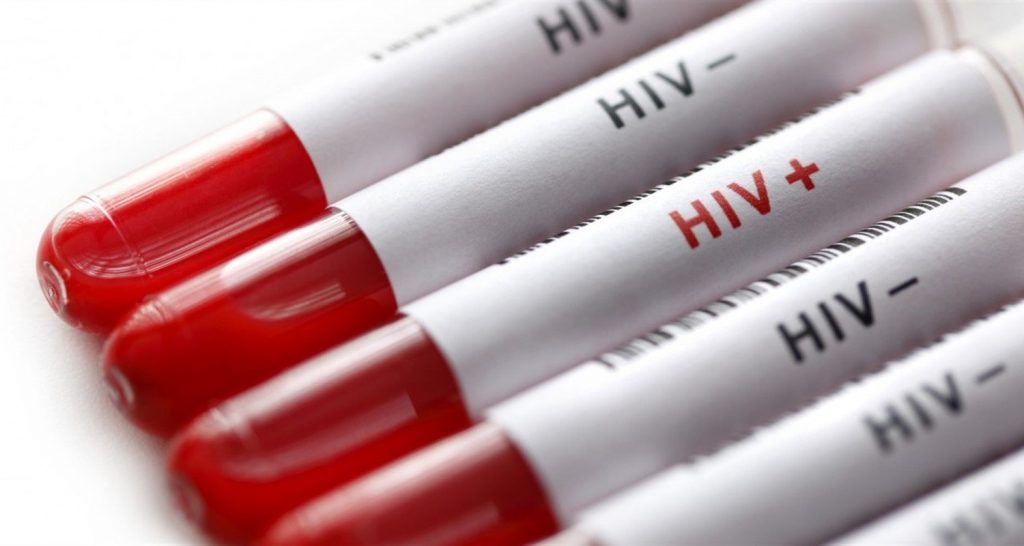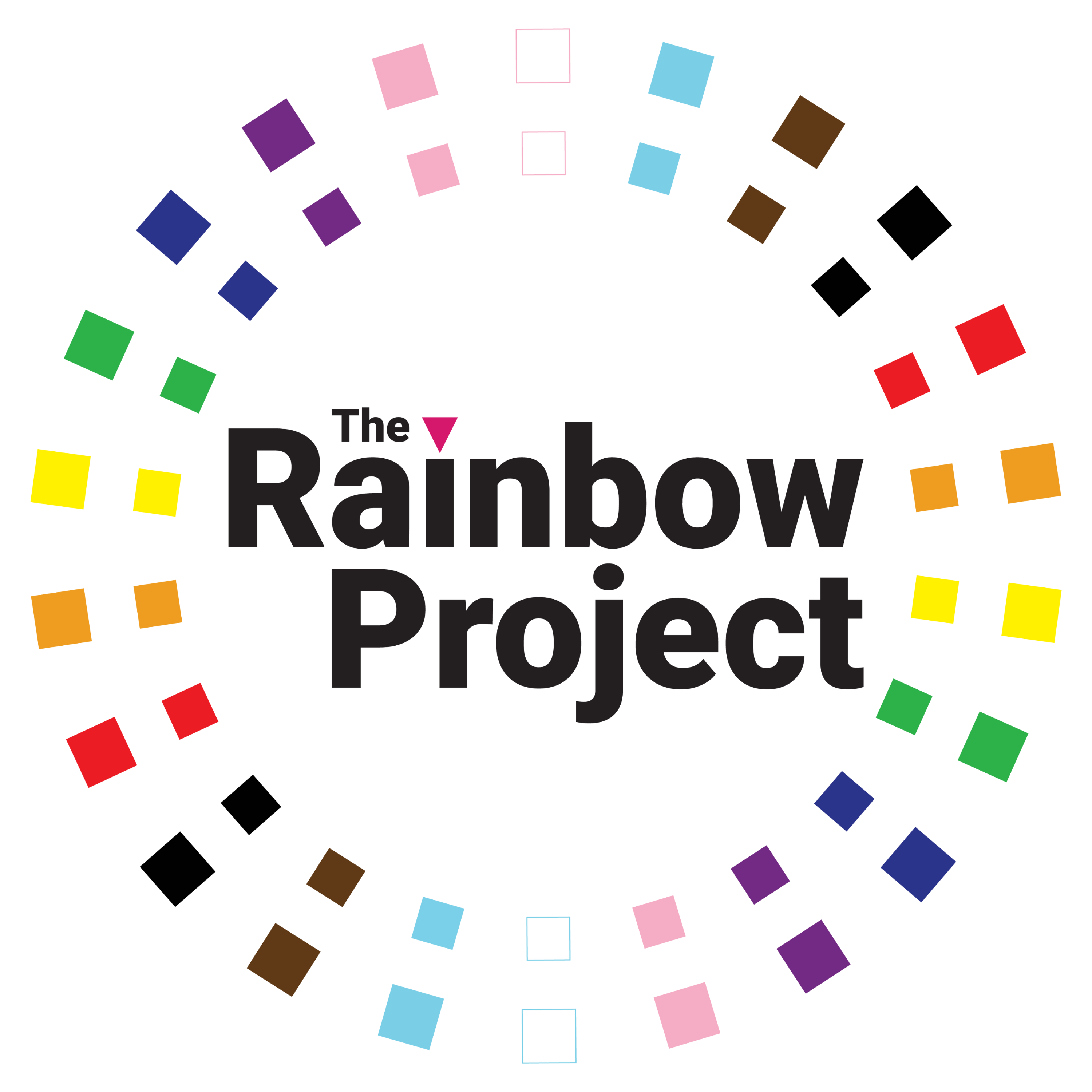
Home > HIV Awareness
HIV Awareness
On this page you will find answers to frequently asked questions about HIV and raising awareness of HIV. If you would like to speak to one of our staff about HIV or any other sexual health issue please contact us through our website, telephone or social media. The Rainbow Project also provides free confidential rapid HIV testing and Syphilis testing available through contacting our office on 028 9031 9030.
What is HIV?
HIV (human immunodeficiency virus) is a virus that damages the cells in your immune system and weakens your ability to fight everyday infections and disease. There’s currently no cure for HIV, but there are very effective drug treatments that enable most people with the virus to live a long and healthy life.
Are HIV and AIDS the same thing?
No. When someone is described as living with HIV, they have the HIV virus in their body. A person is considered to have developed AIDS when the immune system is so weak it can no longer fight off a range of diseases with which it would normally cope.
Is HIV still a serious issue in Northern Ireland?
Although HIV is now a long-term, manageable condition and not a death sentence, it is still a serious issue in Northern Ireland. More people than ever before are living with HIV in the Northern Ireland and around 100 people are diagnosed every year.
How is HIV passed on?
HIV is passed on through infected bodily fluids such as semen (cum or precum), vaginal fluids, blood, breast milk and anal mucous. The most common ways HIV is transmitted are through sex without a condom and through sharing infected needles, syringes or other injecting drug equipment. You cannot get HIV through casual or day-to-day contact, or kissing, spitting or sharing a cup or plate.
Can you get HIV from oral sex?
The risk of HIV transmission from performing oral sex is low but it can still happen. It is best to avoid giving oral sex if you have cuts or sores in your mouth or bleeding gums, as this increases the risk of HIV entering your body. Never brush or floss your teeth directly before performing oral sex as this can cause cuts or bleeding in your mouth.
How can I protect myself and others from infection?
When used correctly, condoms are effective against HIV transmission when having vaginal or anal sex. For anal sex using condoms and non-oil based lube is the most effective way to prevent HIV transmission. Do not use oil based products such as baby oil, lotion, or petroleum jelly as these weaken condoms and can cause them to break. You may also want to use a condom or dental dam during oral sex, although the risk of HIV transmission is much lower. You can get free condoms and lube from The Rainbow Project here.
Post-Exposure Prophylaxis, or PEP, is a medication which can be used by those who fear they have been exposed to HIV through sex. PEP must be taken within 72 hours after risk or exposure. If you know you have put yourself at risk and it is within 72 hours of possible exposure to HIV, you can ask for Post Exposure Prophylaxis (PEP) treatment from a sexual health clinic or A&E. PEP is not guaranteed to prevent HIV infection but the sooner it is taken the more effective it can be.
Pre-Exposure Prophylaxis, or PrEP, is a medication which is also highly effective at preventing HIV transmission during sex, when used as directed. Unlike condoms, PrEP does not protect against other STIs or pregnancy. PrEP is not yet available on the NHS but some people buy it privately. The Rainbow Project is campaigning for PrEP to be available on the NHS to people at high risk of acquiring HIV in Northern Ireland.
Never share needles, syringes or any other injecting equipment.
Who is at risk of HIV infection?
If you are having sex without a condom, you could be putting yourself at risk. However, some groups such as gay and bisexual men carry a disproportionate burden of HIV. Unprotected anal sex carries a higher risk of HIV infection than vaginal sex. People who inject drugs are at high risk of acquiring HIV, if they share injecting equipment.
What should I do if I think I may have contracted HIV?
If you think you have put yourself at risk of HIV infection, you should go and get a free and confidential test. You can do this at The Rainbow Project or at your local sexual health (GUM) clinic. Details on rapid HIV & syphilis testing at The Rainbow Project can be found here.
If you know you have put yourself at risk and it is within 72 hours of possible exposure to HIV, you can ask for Post Exposure Prophylaxis (PEP) treatment from a sexual health clinic or A&E. PEP is not guaranteed to prevent HIV infection but the sooner it is taken the more effective it can be.
What are the symptoms of HIV infection?
There are symptoms of very early (‘primary’ or ‘acute’) HIV infection, which 70-90% of people experience within the first three months after acquiring HIV. At this point the viral load is particularly high.
Many of these symptoms are not unique to HIV and include: flu-like symptoms, fever, headache, mouth ulcers, night sweats, weight loss and swollen glands. After these symptoms pass, someone with HIV may then live for many years without any indication that they have the virus.
What should I do if I experience symptoms of HIV?
If you are concerned that you are experiencing the symptoms of HIV you should go and get a free and confidential test. You can do this at The Rainbow Project or at your local sexual health (GUM) clinic. Details on rapid HIV & syphilis testing at The Rainbow Project can be found here. It could be just a bad case of flu, but there is also a risk it could it be the early signs of HIV infection so it’s always best to know for sure by getting tested.
